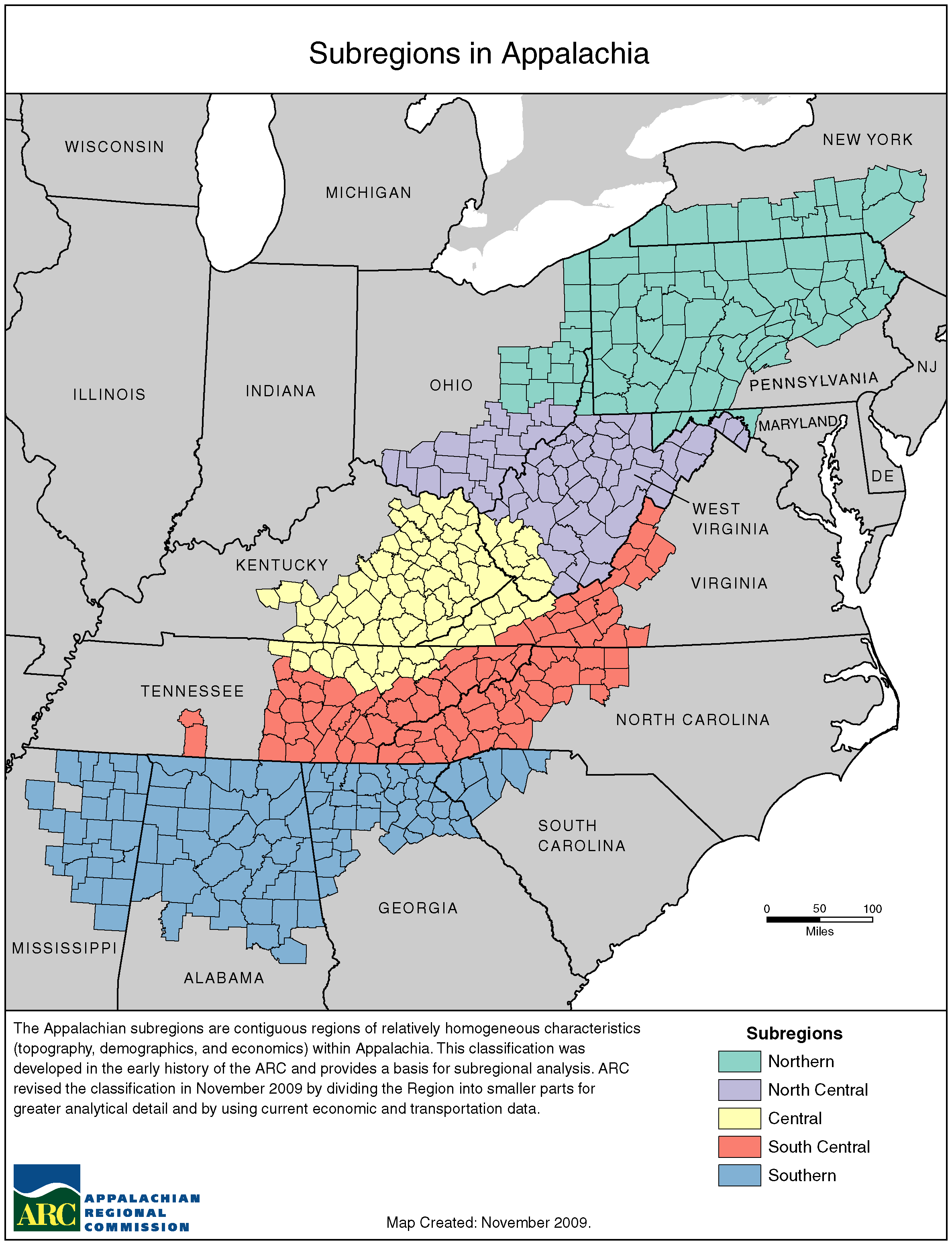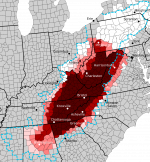doctorbadwolf
Heretic of The Seventh Circle
Okay. A 1995 Ford f-250 is a poorly designed pickup truck, for people who want and need specifically a pickup truck.Is not being able to tighten a nut a design flaw of a hammer?
The past weekend, I went on a quick trip to Nevada (to see a ballet, of all things), and had to rent a car while I was there. For reasons of availability, they swapped out the compact I had requested to an SUV. This thing was a boat, had issues fitting in some parking spaces, and guzzled gas like there was no tomorrow. I needed a thing for taking my wife and I from point A to Point B on some highways, and a bit of urban driving for sightseeing. What I got was not great for those things.
But not meeting my particular needs didn't mean the SUV was flawed, in and of itself. It would have been fine if I needed to move a crowd of people in notable comfort. It would have been fine if I'd needed to move significant cargo. The design was fine for those tasks - they just weren't my tasks.
"I got the wrong tool for the job," is not a flaw on the part of the tool.
Sometimes design goals aren’t executed well.
Again, niche combining is not what I said narrowed the game for me, nor did I say that it was bad design to do so.But allowing niche-combining would mean it wouldn't present the desired genre well - in the original fiction (at least, what I've listened to - I'm not fully caught up), they don't combine niches much. Specifically, characters don't usually have small bits of magic - they are either largely focused on it, or have none.
So, your desired goal of niche-combining seems at odds with the design goal of a game that represents their particular fiction. That's not really a flaw, merely a choice of goals.
Further, the game does allow quite significant niche combining. I’ll be playing an Explorer with the Fears No Haints focus, which will allow me to call upon spirits. If I took Cannot Escape The Darkness I’d have shadow magic instead.
So, again, it is not a matter of the game not allowing niche combining.
Yes, you did.I didn't quote you any text in this thread. You seem to be confusing me with someone else.




